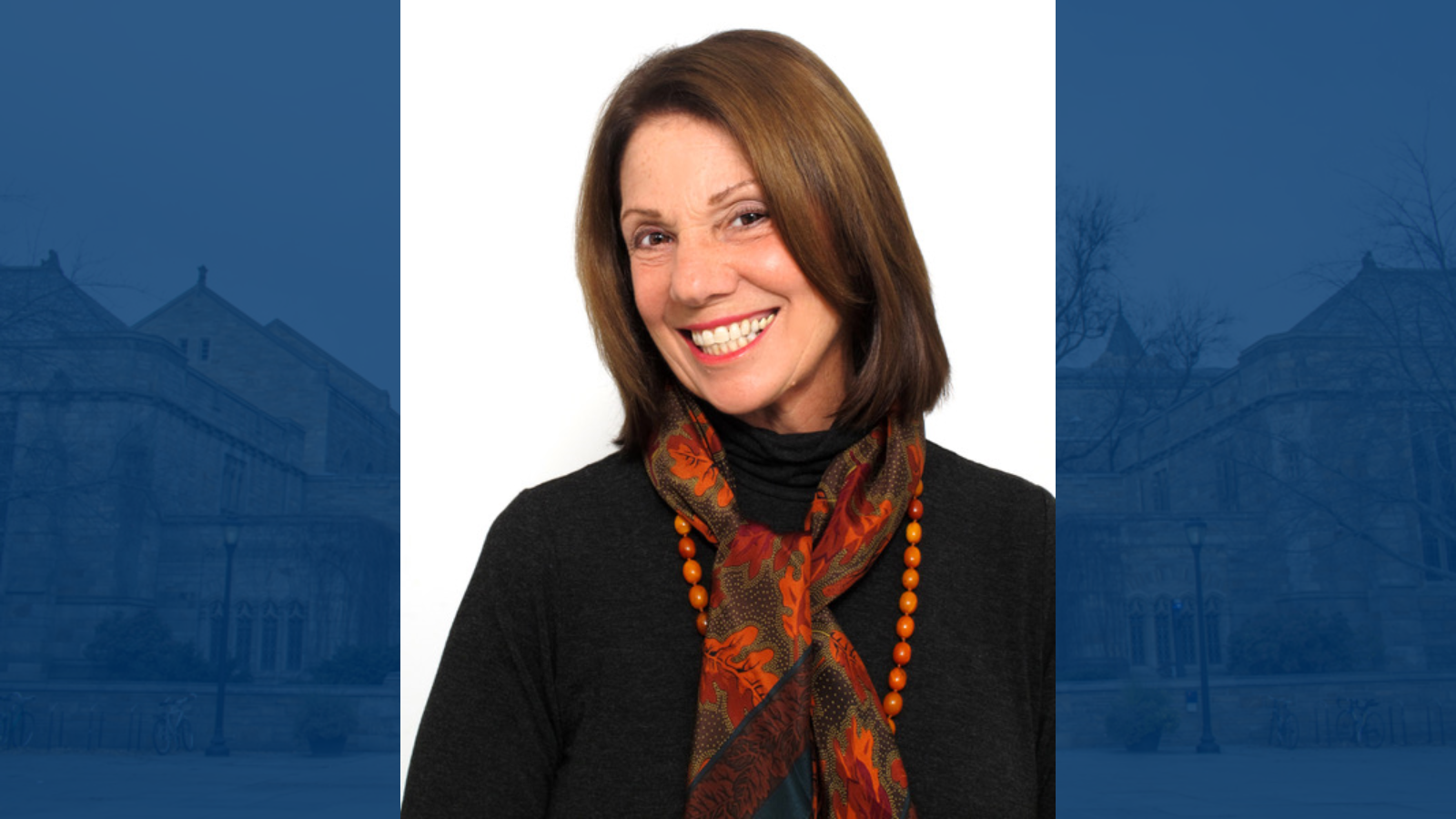Elizabeth was born, raised, and educated in New York City, where she spent many years of her adult life. She majored in French at Barnard College and went to Yale Graduate School to continue her French studies, which she put to good use while living in Paris for ten years (2001-2011), during which time she wrote and published a biography of the French 19th century writer, George Sand (Yale University Press 2004). Elizabeth has also published three novels and is working on a fourth, an historical fiction set in France during the German Occupation. She now divides her time between her cottage on the Peconic Bay on Long Island's East End and her home on Don Pedro, a little barrier island off Florida's Gulf Coast. She’s the proud mother of two fine grown sons and grandmother to four adorable young granddaughters.
Below, she reflects on her connections to her professors and classmates and how she learned to follow her passion in her work.
Why Yale?
As an undergraduate French major with an eye on a graduate degree, I learned that Yale had the finest French department in the country. I was over the moon when Yale offered me a fellowship, and the rest, as they say, is history.
What is your most enduring memory of your time at Yale?
So many wonderful memories come to mind, but high on the list would be the fabulous courses I took with world-class professors like Georges May, Jacques Guicharnaud, and Victor Brombert, the hundreds of hours I spent studying in beautiful, peaceful Sterling Memorial Library, and the fun times with department friends drinking wine and eating pizza at George and Harry's while pouring over what we were learning in our classes.
What is the biggest lesson you learned during your time at Yale and how does that shape who you are today?
The biggest lesson I learned at Yale is to follow my passion in the work I do. The experience of complete immersion in subjects that I find fascinating and impassioning is what has produced my very best work. And always, in the process, I'm reminded of the blissful hours I spent reading, reflecting on, and writing about books that filled me with awe and inspiration.
How did your time at Yale shape your identity?
My identity was no doubt on its way to formation before I arrived at Yale, but surely my graduate years honed my commitment to the rewarding "life of letters" that I've lived. Reading and writing have given shape and form to my existence, and my training at Yale significantly heightened my intellectual sensibility and broadened my literary acumen.
What does belonging mean to you and how did you find a sense of belonging at Yale and after?
Belonging for me means knowing who I am and feeling comfortable being myself. This means bonding with people who share my values and passions. Yale provided a cohort of connections who fill this bill at the highest possible level. Some of them remain my closest friends to this day. In fact, one of them blurbed my latest novel, and another is a beta reader for the new novel on which I'm working.
What advice do you wish you heard during your time at Yale?
The advice I could have used most, although I'm not convinced it would have changed anything, is not to look over my shoulder and judge myself in comparison to others. It has taken me until very recently in my life to develop the requisite confidence in myself and in my work not to do this. This has been the absolute best part of growing older. My reward as I round the bend to becoming 80 years old is that I've stopped looking over my shoulder and have given myself the green light to move ahead with some of my very best work.
What aspects of Yale do you feel like you talk about most often to people who didn’t go to school here? Why?
I often tell people that, unlike many folks for whom college is the place where they make their best, lifelong friends, Yale Graduate School was that place for me. Our department was very small, and we all got to know one another in and out of class. Professors opened their homes to us, and we entertained one another in our apartments over jug wine and cheap pasta dinners. We were all on budgets, so life wasn't lived lavishly in terms of expense, but we were enriched by being part of a close community of like-minded students and scholars. My years at Yale remain among the most special and most privileged times of my life.
How would you answer? Share your responses with the YAA and they might be featured in an upcoming edition of "Getting to Know You."
And be sure to check out all the Q&As in the series by visiting our Getting to Know You page.





